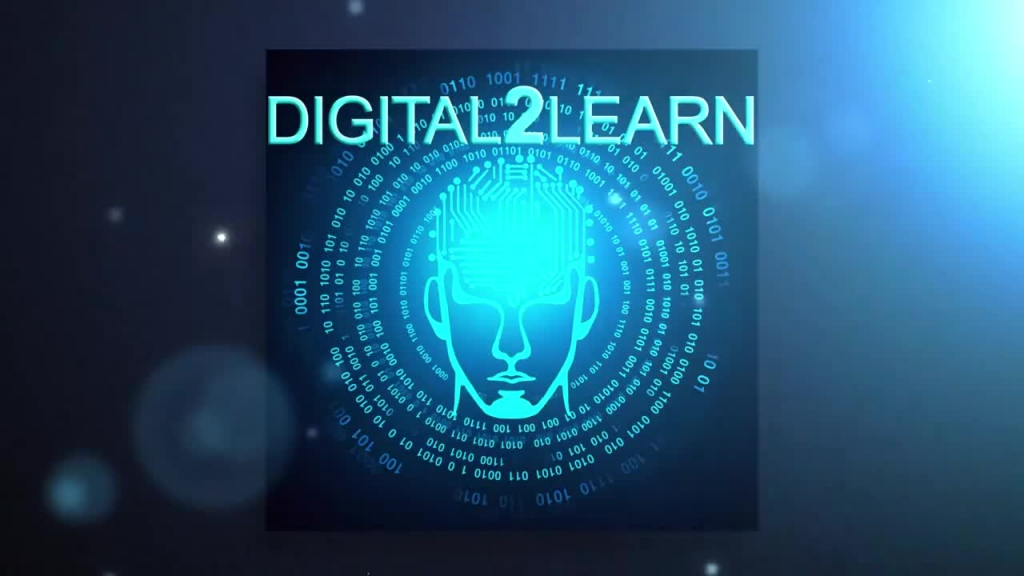As I promised when first making it available for sale, I’ve steadily reduced the price of my ebook, The Essential Elements of Digital Literacies, until it is now effectively zero. I’ve given people the option of paying if they’d like to, but other than adding an email address at checkout, it’s free of charge.
For those not familiar with the origin of this book, it started life as my doctoral thesis, which I then updated and re-wrote in less academic language. People bought into it as I was writing using the OpenBeta process I devised (this was before Leanpub existed!). The earlier people bought into the writing process, the cheaper it was. They got updates all of the way up to version 1.0.
Once it was ready for general consumption, I sold it at full price (£7.99) and then steadily decreased the price around every six months. Although I don’t think it’s ‘dated’, I did have the idea of what George Siemens called the ‘half-life of knowledge’ in his 2006 book Knowing Knowledge. Another reason was that the financial aspect of the book was to motivate me to continue working on it: writing for an already-established audience is a great motivator!
I’ve been delighted that my ebook has been used as a core text in colleges and universities worldwide, including (quite awesomely) the Fashion Institute of Technology in New York City. University libraries have also ‘stocked’ it, making use of Creative Commons license I released it under.
So, what’s next? I haven’t really decided, really. I was planning to write a book including classroom activities for improving digital literacies but, for whatever reason, my heart wasn’t really in it. I’m still keen on doing work in the new literacies space, but am thinking of what kind of format would help people most. Perhaps a drip-feed email series? A series of webinars? A course? I don’t know. If you’ve got ideas, please do let me know.
All that remains is to thank those (hundreds) of people who believed in me enough to invest in the book before it reached v1.0, for those (500+) people who have bought it since, and for those who have given me feedback since it was published. If you’ve got comments / suggestions, I’d love to hear them.
If you’d like to use the ebook with your students, you might find the accompanying wiki helpful. It includes the hi-res diagrams I used, as well as space to be able to critique the contents with your students. For a great recent example of this in a Masters-level setting, check out this page on the wiki!


![Digital Literacy, Identity and a Domain of One’s Own [DML Central]](https://dougbelshaw.com/blog/wp-content/uploads/2016/09/dmlcentral-identity.png)